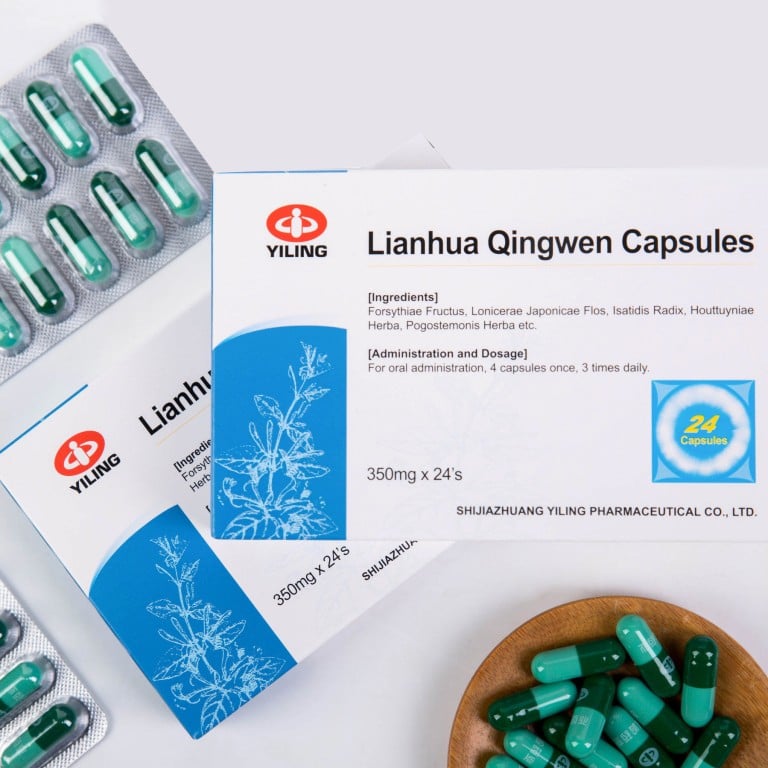
Explainer | Traditional Chinese medicine (TCM) and Covid-19 – what you need to know about its uses, including the one in Hong Kong’s anti-pandemic kit
- As the Hong Kong government steps up the use of TCM to treat Covid-19, experts describe three branded formulas China recommends for use against the virus
- One, Lianhua Qingwen, will be given to all Hong Kong households, but an expert says TCM is only for people with Covid-19 symptoms, and to ask if you have doubts
To increase the use of traditional Chinese medicine (TCM) in Hong Kong’s Covid-19 fight, the city’s government plans to distribute kits containing rapid tests, KN95 masks and TCM formula Lianhua Qingwen to households in April.
TCM practitioners in Hong Kong have been recruited to work at a makeshift treatment centre at AsiaWorld-Expo, on Lantau Island, to alleviate the symptoms of chronic illnesses commonly seen among older Covid-19 patients.
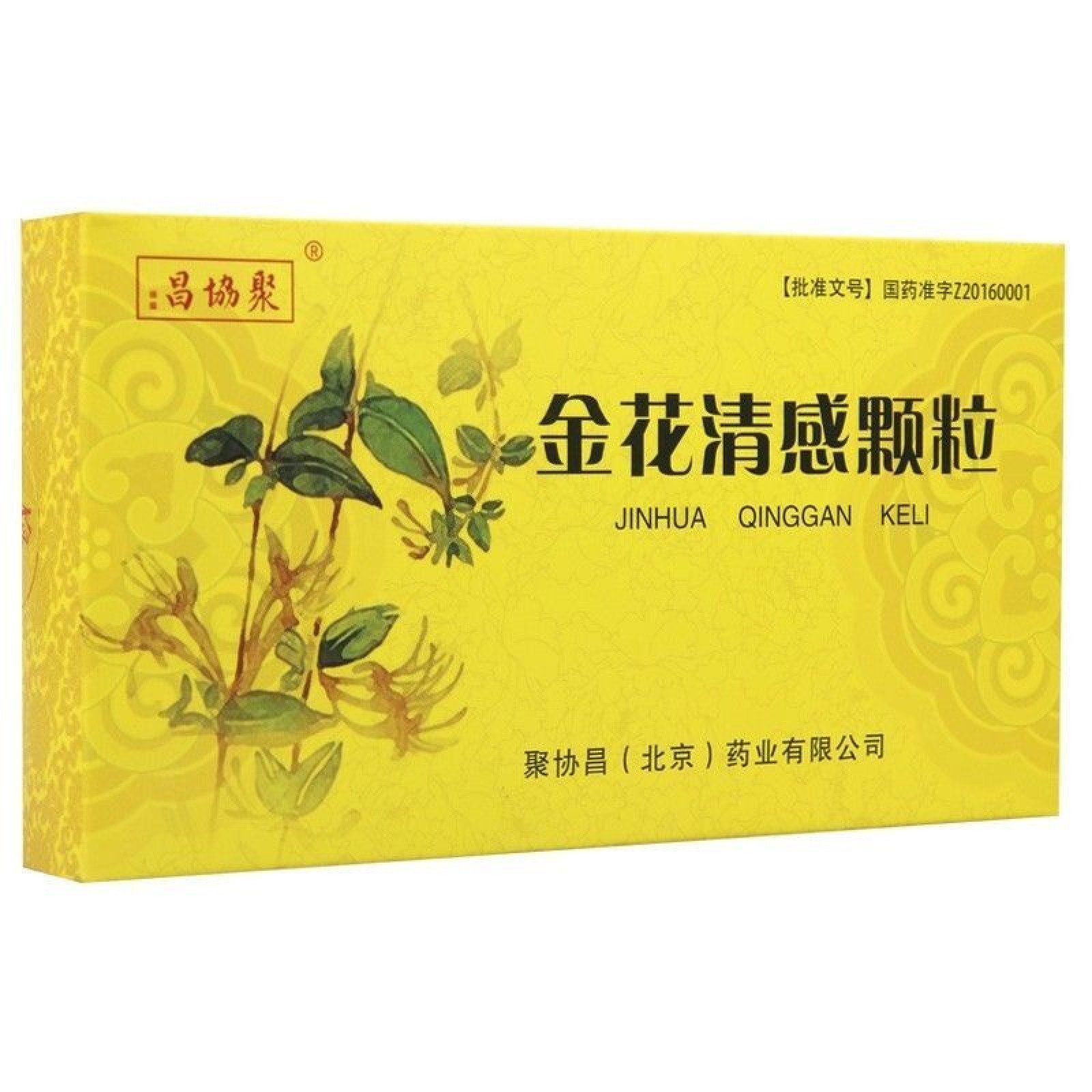
Here is what you need to know about three traditional Chinese medicines being used against the coronavirus.
WHO panel sees potential benefits of TCM in Covid-19 treatment
What are the TCM medicines used in Covid-19 treatment?
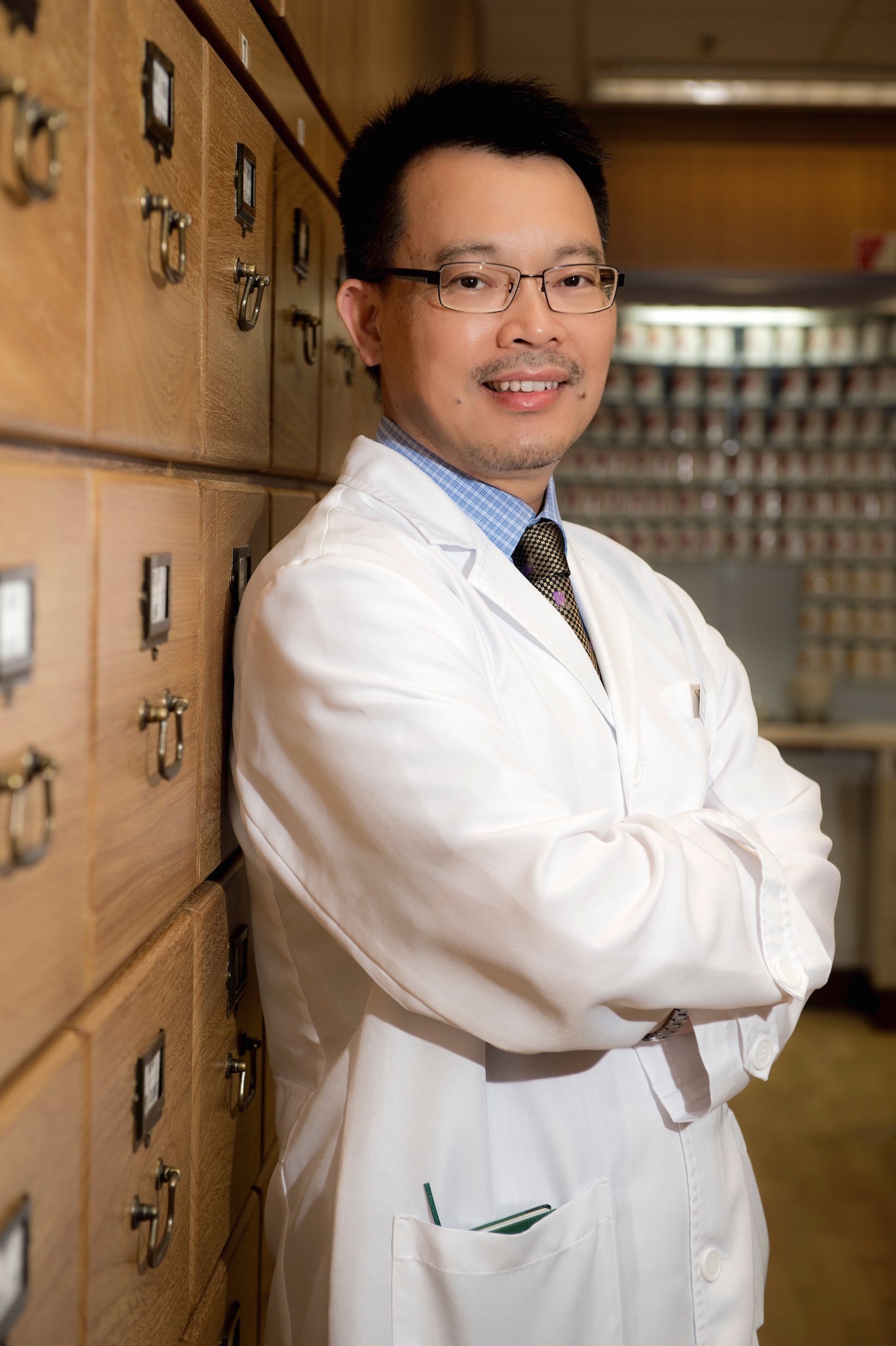
It comes in the form of capsules and has 13 ingredients, including apricot kernel, rhubarb, honeysuckle and forsythia powder.
The formula is based on prescriptions that date back to medical texts written during the Han dynasty (202BC-220AD).
The capsules, says Lin Zhixiu, professor and associate director of the school of Chinese medicine at the Chinese University of Hong Kong (CUHK), can help clear the virus and remove toxins, expand the lungs and reduce fever.
Hong Kong to hand out Covid-19 protection kits to 3 million households
Jinhua Qinggan, offered as granules, has 12 ingredients including honeysuckle, Baikal skullcap root and sweet wormwood herb.
The granules come in 5g (0.2 ounce) sachets and must be dissolved in boiling water.
Zhang Jianguo, associate professor of practice in Chinese medicine at CUHK’s School of Chinese Medicine, says Jinhua Qinggan can dispel wind and ventilate the lungs, reduce fever and detoxify.
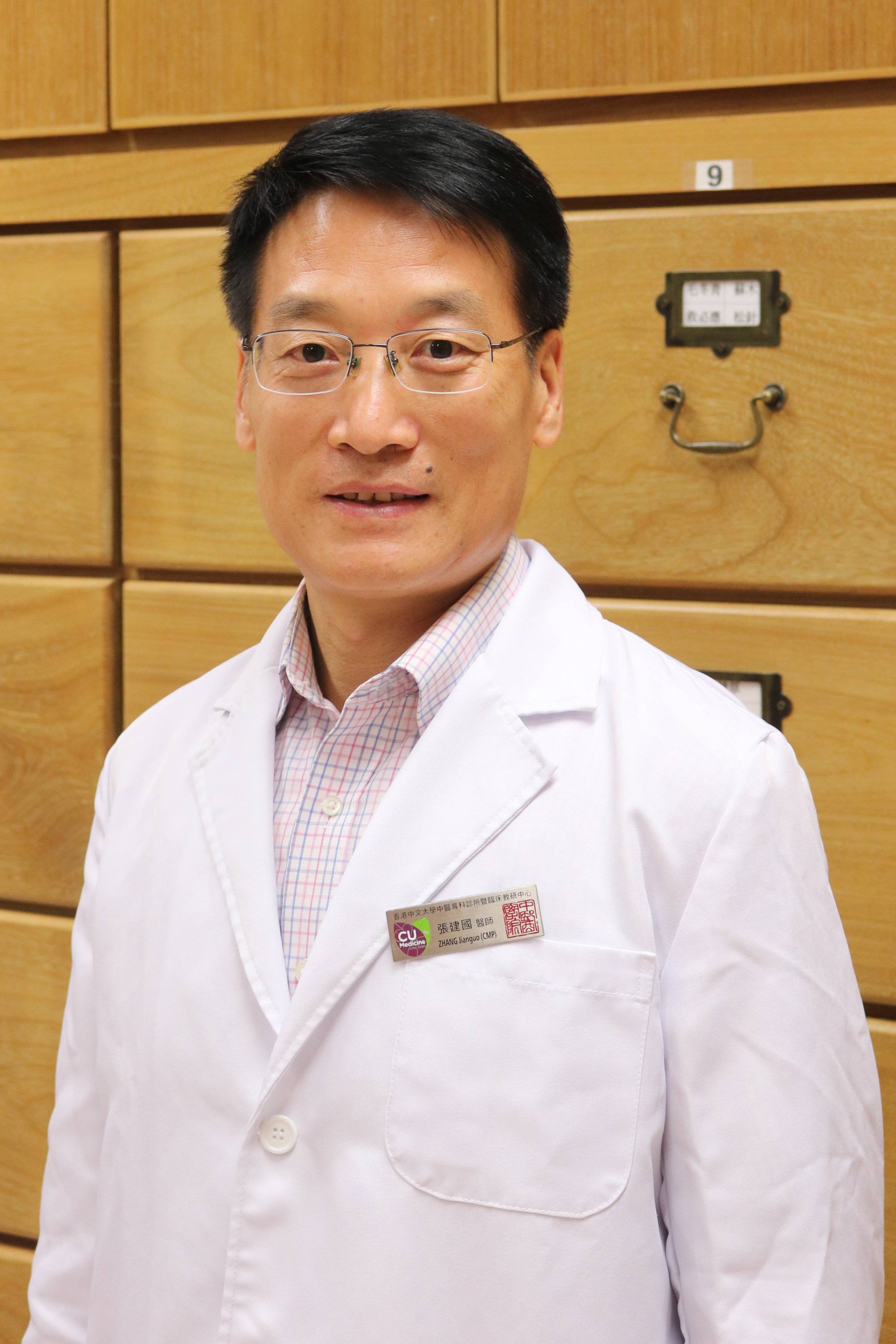
Lin noted that, in a small trial, Covid-19 patients who had Jinhua Qinggan in addition to standard care saw a greater reduction in symptoms such as fatigue, fever and coughing than those who did not take it.
Xuebijing, delivered as an injection, has five ingredients, including safflower, Chinese angelica root and red peony root, and is given in hospital. It can improve blood circulation (Zhang noted that, from a TCM perspective, Covid-19 patients often have poor blood flow) and help to reduce fever.
Combined with antibiotics, Xuebijing is also helpful in curing the sepsis that can occur when an infection triggers a chain reaction throughout the body. If untreated, sepsis can lead to tissue damage, organ failure or death.
What TCM has known for centuries: ‘new’ brain-gut connection
How effective are these TCMs?
One study, led by China’s top disease expert, Zhong Nanshan, and published in May 2020 in peer-reviewed medical journal Phytomedicine, examined the impact of taking Lianhua Qingwen on 284 patients.
It found that the capsule can significantly reduce the clinical symptoms of Covid-19 patients – particularly fever, fatigue and coughing – leading to a higher recovery rate and a shorter recovery time.
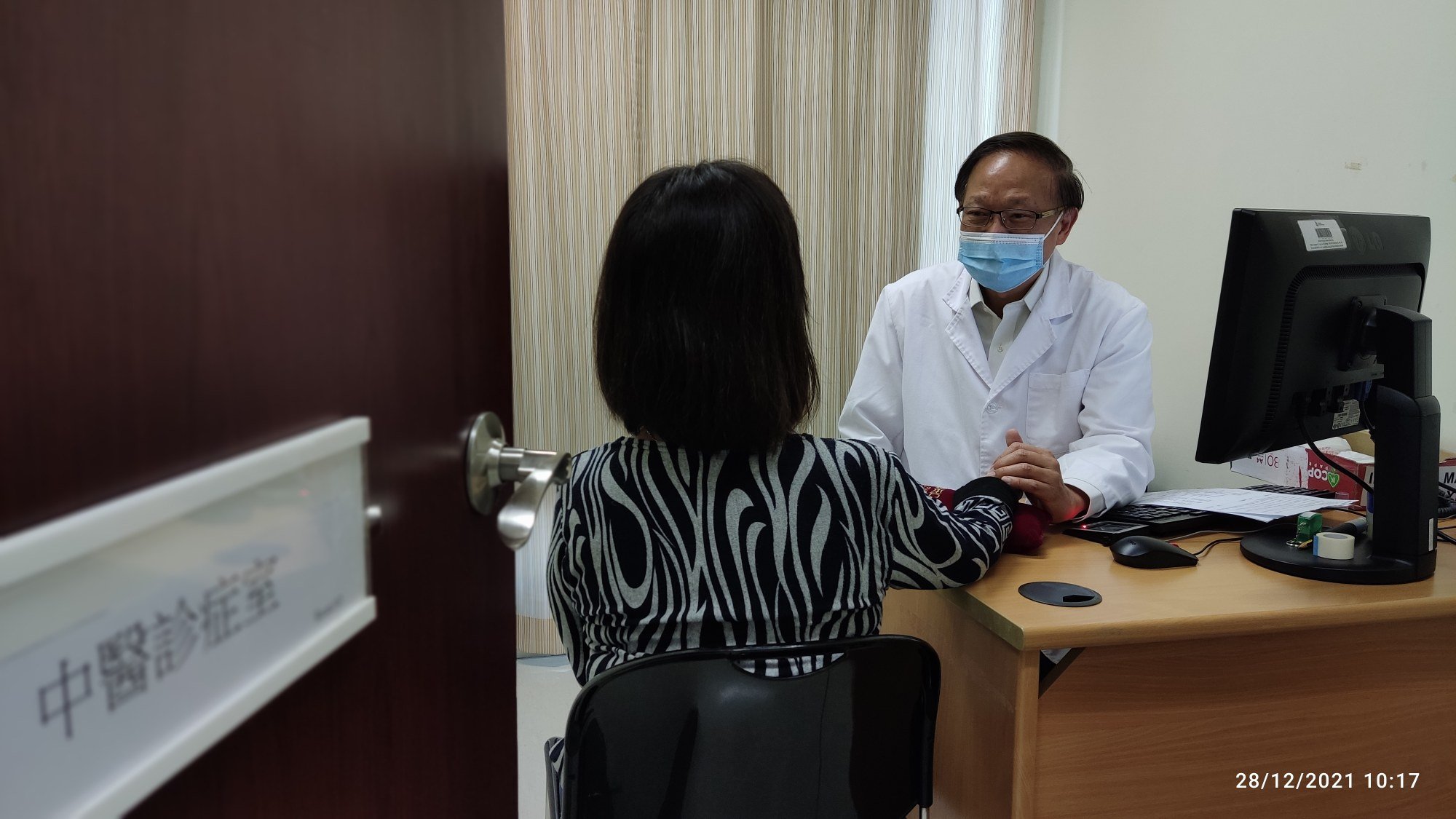
Experts say that these TCMs are more suitable for treating Covid-19 in its early stages, or for patients with mild symptoms.
Lianhua Qingwen and Jinhua Qinggan, recommended for the treatment of mild cases of Covid-19, can be bought in Hong Kong pharmacies without prescription. Xuebijing is used in more severe cases, by prescription only, and in hospitals. It is not widely available in Hong Kong.
If in doubt, it is always good to consult a TCM practitioner for advice
Side effects and risks
Experts say the three TCMs have minimal side effects – if taken according to directions. The most common side effects associated with Lianhua Qingwen are bloating, diarrhoea and rashes, according to Lin. The only reported adverse effect of Jinhua Qinggan is diarrhoea.
Experts caution that TCM must be taken based on an individual’s health condition, and advise people to consult qualified practitioners before taking the medications for the relief of Covid-19.
The capsules and granules should be taken for no more than two weeks as, in the long term, their use may deplete the body’s strength and cause organ damage, especially in frail or chronically ill patients.

Should recipients of the Hong Kong government’s anti-pandemic kit take the Lianhua Qingwen capsules they contain? Only if they have symptoms of Covid-19, says Dr Hon Kam-lun, of CUHK’s Hong Kong Institute of Integrative Medicine.
The best way to avoid catching the virus is to practise good personal hygiene and get vaccinated rather than take medication, Hon says.
“Qingwen” means to clear the wen symptoms (wen, literally evil, means illness or disease), and the capsules should not be used if there is no wen symptom to clear, he stresses. “The general principle is that drug doses should always be carefully observed. If in doubt, it is always good to consult a TCM practitioner for advice,” Hon says. “TCM practitioners are very helpful.”
What treatment options for Covid-19 are available in Hong Kong and do they work?
How does TCM compare with Western medicines?
“Western medicine and Western drugs target the virus,” explains Albert Leung Wing-nang, a Hong Kong professor of traditional Chinese medicine at Tung Wah College and a registered TCM practitioner. “TCM modifies our body’s resistance to the virus so that our body can easily fight the virus in case one is infected.
“One major advantage of TCM is that it is not much affected by the mutation of the virus, as the herbal drugs we use have been used for thousands of years and never need to be changed,” Leung says.

Hon promotes a combination of TCM and Western medicine, especially for those with severe cases.
“Integrative use is the best,” says Hon, who has published papers discussing the role and challenges of using TCM amid the Covid-19 pandemic in Hong Kong.
Hong Kong is in a good position to carry out meaningful and credible clinical studies, Cheng says.
“With a proper selection of formula, perhaps in combination with antivirals, and a credible, well designed clinical study, it would be an important contribution to the world [to understand] the value of TCM for managing the disease.”

